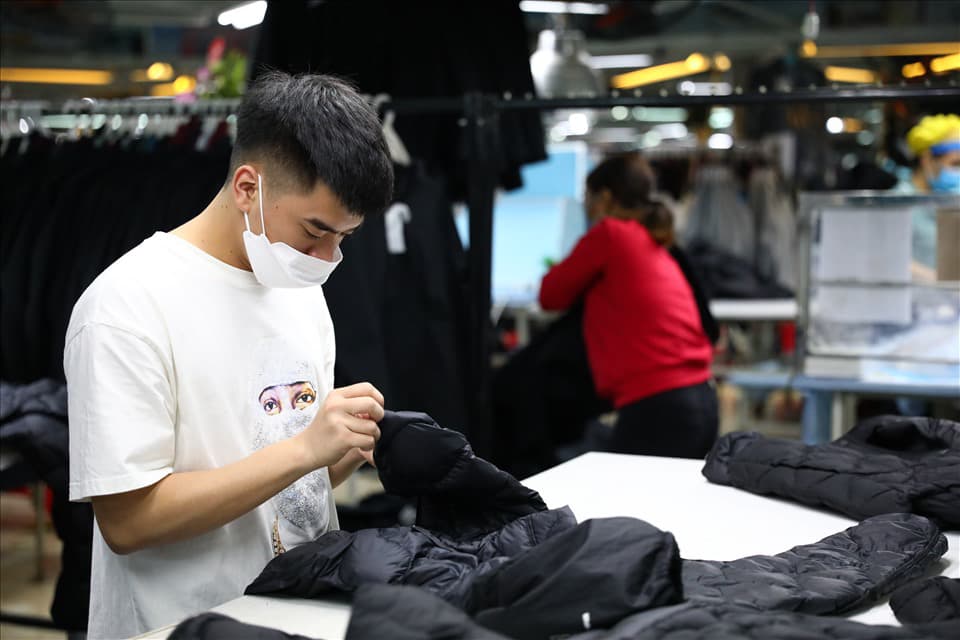The United States is Vietnam's largest export market.
According to the General Statistics Office, in the first 10 months of this year, the United States was Vietnam's largest export market with a turnover of 98.4 billion USD. Meanwhile, China was Vietnam's largest import market with a turnover of 117.7 billion USD.
Thus, with the results achieved in 10 months, 2024 will be the 4th consecutive year that trade between the two countries reaches the hundred billion USD mark. Currently, the United States is Vietnam's largest export market.
Vietnam's export of goods to the US market is very promising at the end of the year with key products such as textiles, footwear, wooden furniture, mechanics, electronics, seafood...

According to the Vietnam Trade Office in the United States, for the textile, garment and footwear groups, while other countries exporting to the United States such as Bangladesh, India and other ASEAN countries have low or negative growth, Vietnam's exports of these products to the United States are growing well, with some products even growing by double digits.
Mr. Do Ngoc Hung - Vietnamese Trade Counselor in the United States - said that US distributors and consumers appreciate that Vietnamese products always maintain quality, diverse product designs and competitive prices.
Therefore, these are still the priority import items of US partners in the context of trade tensions as well as global geopolitical instability. Vietnamese goods are always a stable and reliable source of goods, helping US consumers to balance in the context of high inflation and increasingly expensive living expenses.
However, due to the high growth of exports to the United States, this is also the market with the most trade defense investigations against Vietnamese goods. To date, the US has investigated nearly 70 cases related to Vietnamese exports, most commonly steel, wood, fiber, shrimp, tra fish, and honey.
Vietnamese businesses need to maintain high product quality when exporting to the United States.
According to Ms. Le Hang - Communications Director of the Vietnam Association of Seafood Exporters and Producers (VASEP), despite always facing strict protection policies such as anti-dumping tax and anti-subsidy tax, the demand of the US market is still large and the quality of Vietnamese seafood is increasingly improved, helping to maintain and expand its position in this market.
Therefore, Vietnam's seafood trade with the US is less affected by political fluctuations such as the results of the US presidential election.
According to Ms. Hang, to make the most of these opportunities, Vietnamese seafood enterprises need to maintain high product quality, increase deep processing and exploit free trade agreements (FTAs) to expand markets and improve competitiveness.
While Vietnam can take advantage of some opportunities, at the same time, Vietnamese seafood businesses also face US trade defense measures. These measures may include anti-dumping duties, anti-subsidy duties and strict product quality requirements.
Although the results of anti-dumping taxes on shrimp, pangasius and anti-subsidy taxes on Vietnamese shrimp exported to the US tend to be more favorable in 2024, businesses still need to be cautious and strategic when exporting to this market.









